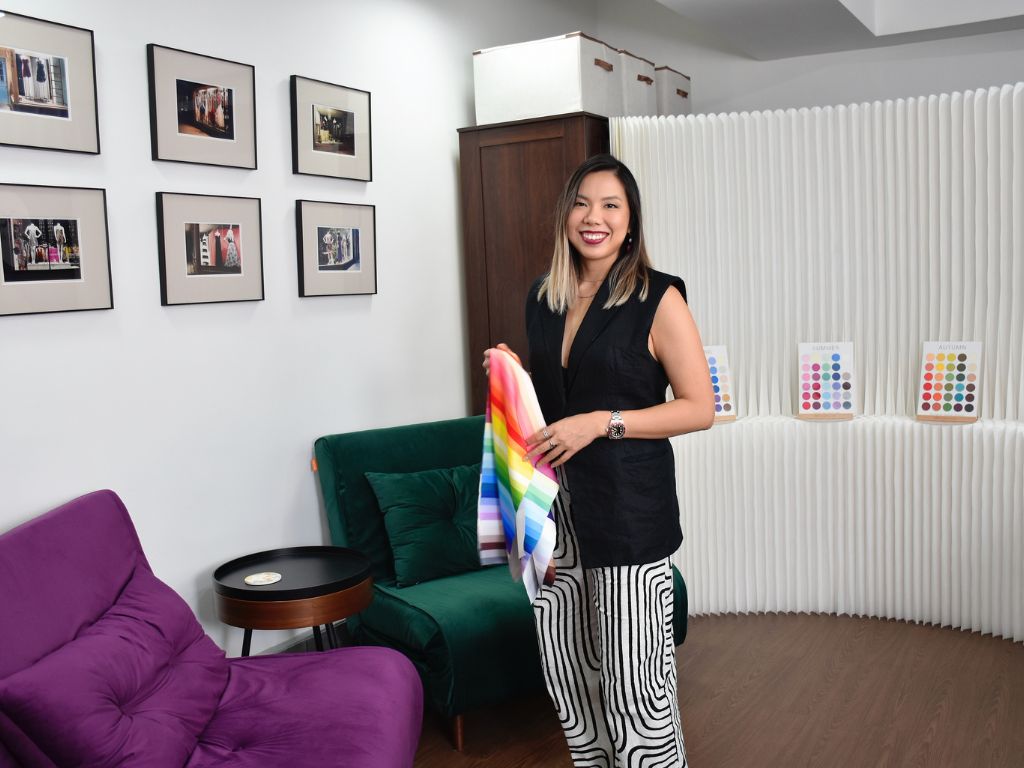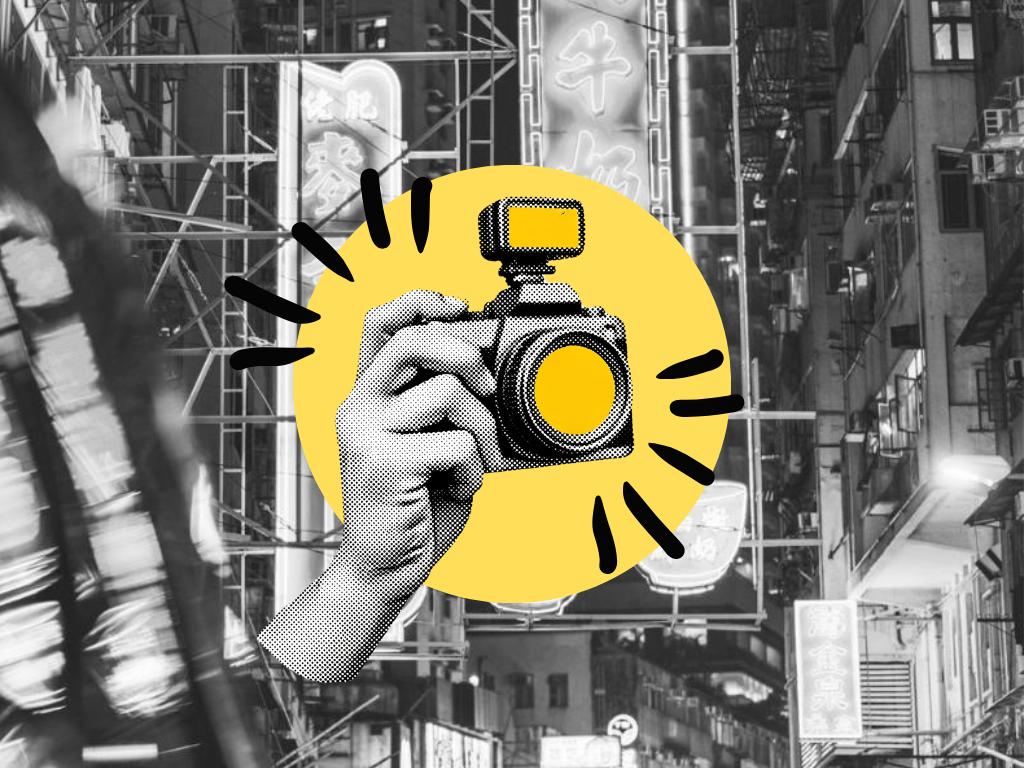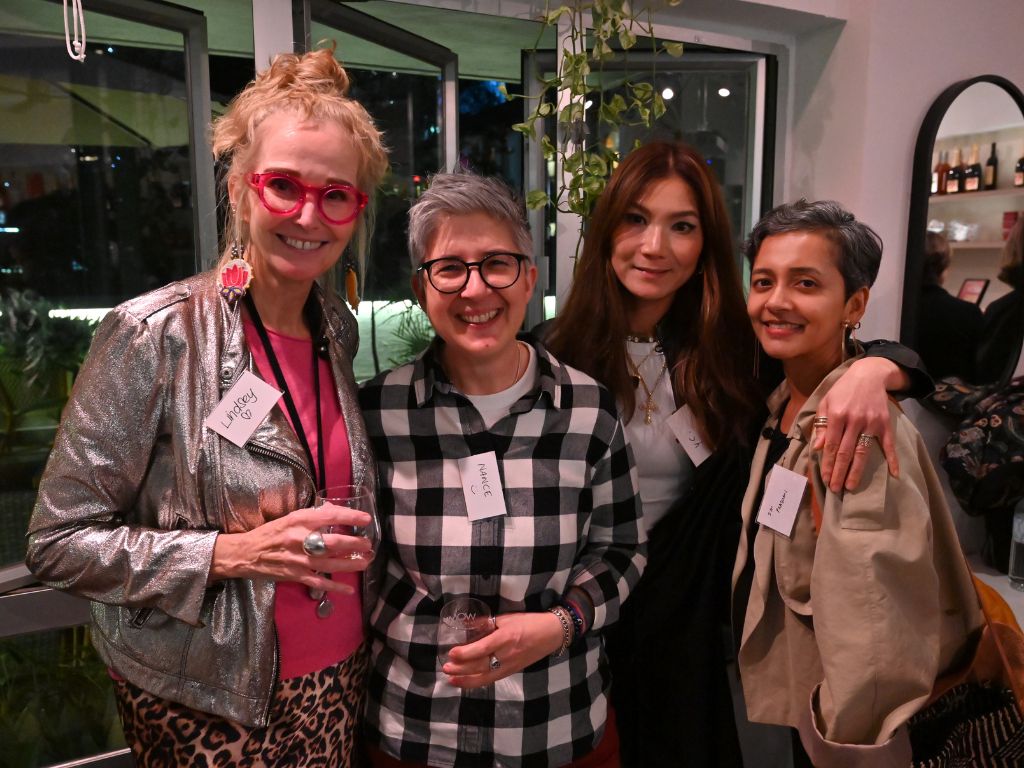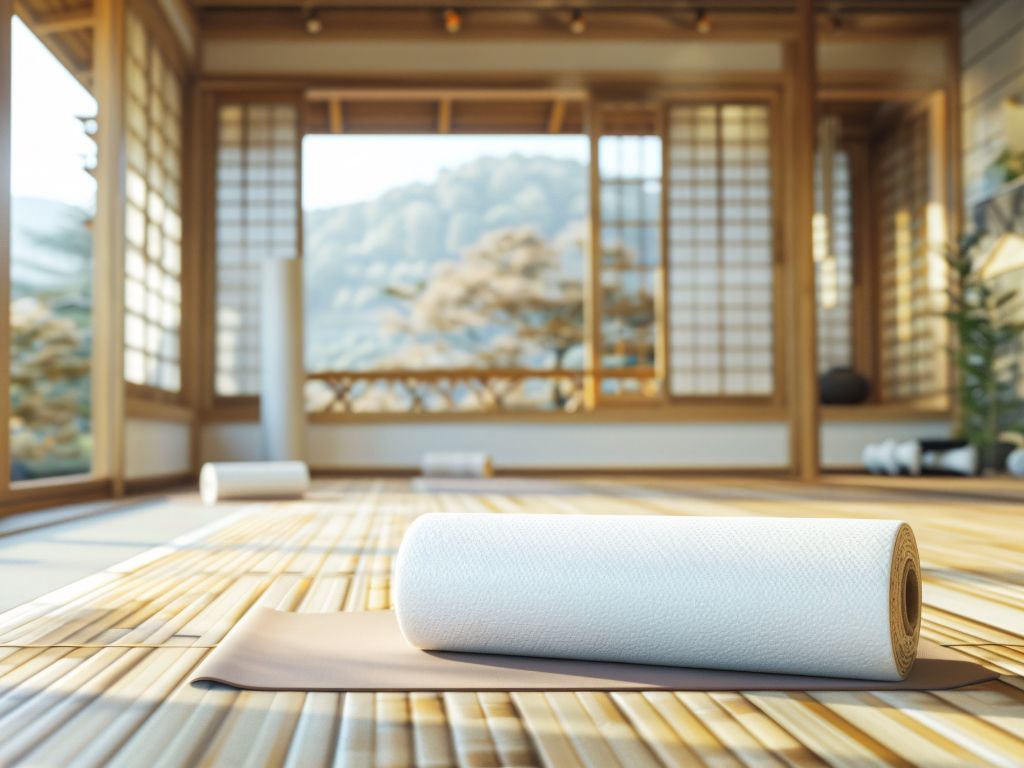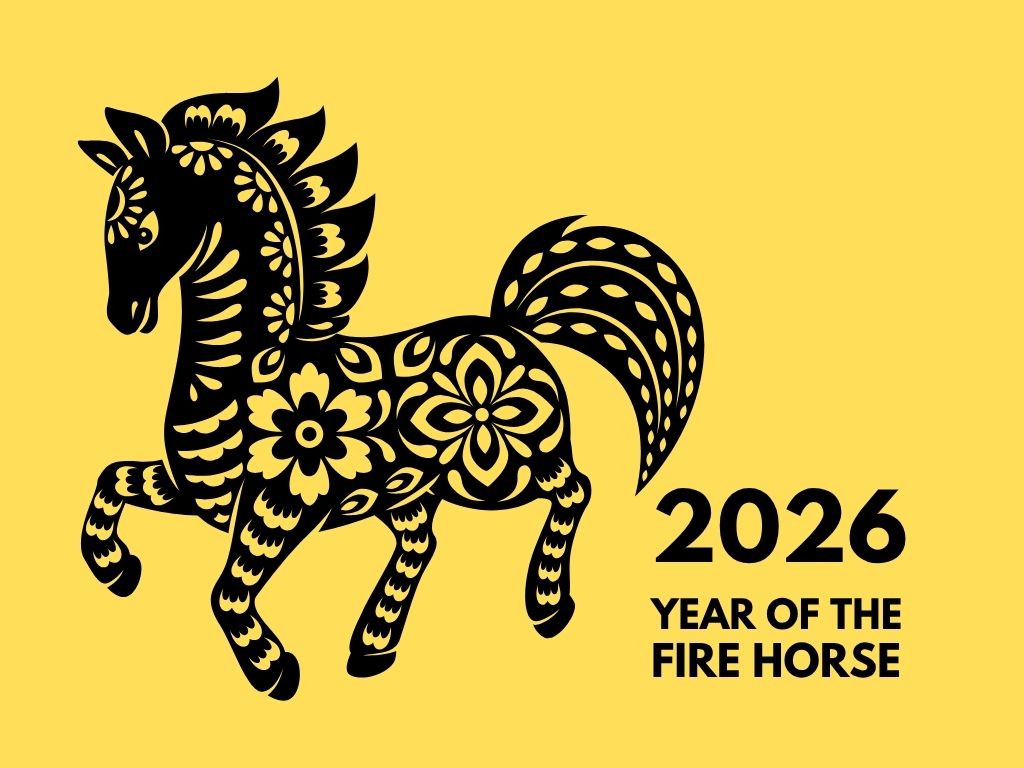Share
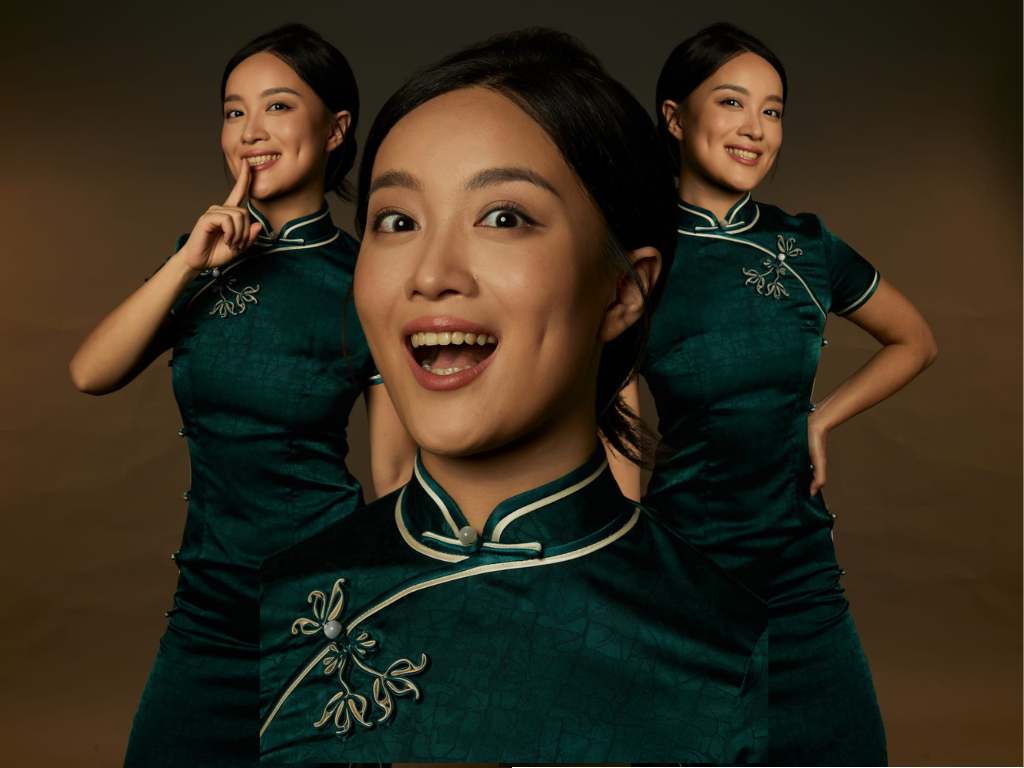
Growing up, one of comedian’s Kate Hu’s greatest joys was making people laugh. However, it would be many years before the now-comedian pursued this love of hers professionally. “As an Asian kid,” she says, “I didn’t know it was possible to make a living as a comedian, so I studied math and engineering in college and worked in finance.”
But as time went on, it became harder and harder for Hu to work in a field she had no real passion for. Unsatisfied with her career, she explored various other ventures during the COVID-19 pandemic before eventually giving comedy a try.
In 2021, Hu performed at her first comedy open mic. “I bombed,” she admits, “but I absolutely loved it. So I just kept doing it more and more and started getting booked on shows.”
Luckily, as Hu puts it, the only qualification needed to become a full-time comedian is the ability to make people laugh—a skill she’s been honing since childhood.
From that point on, there was no going back.
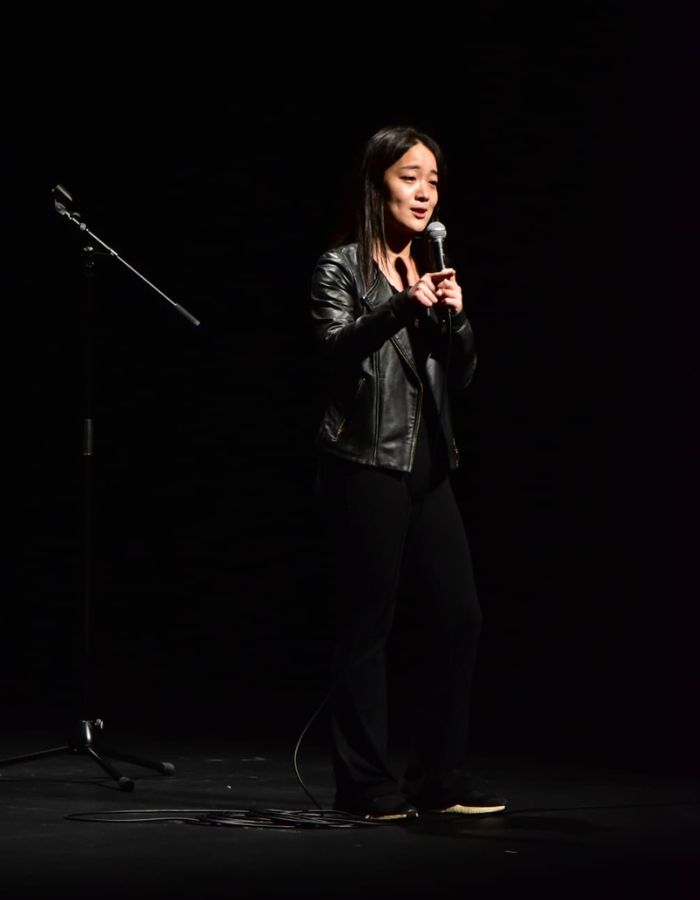
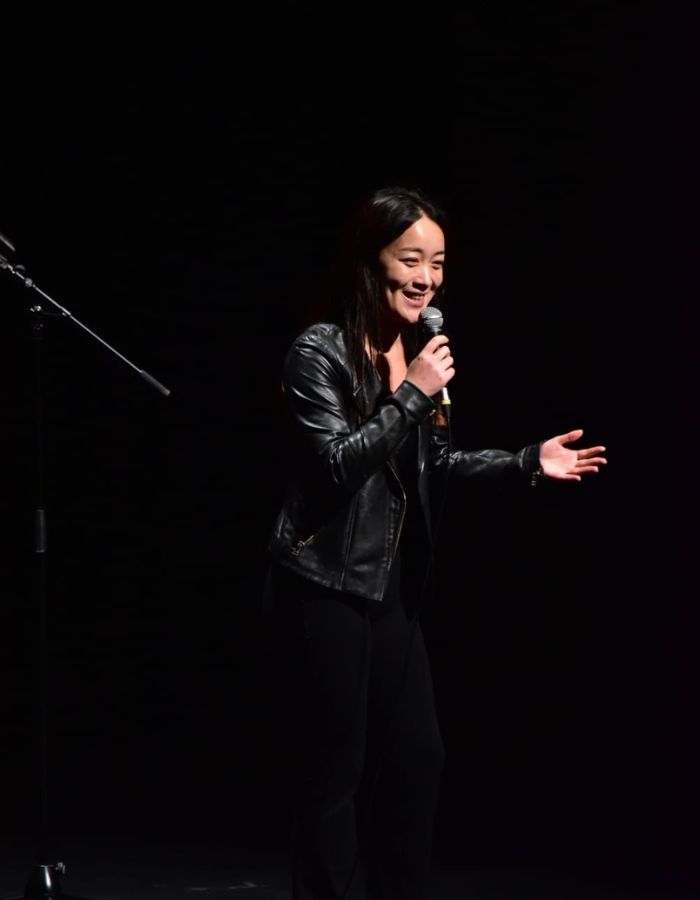
Much of Hu’s rise can be attributed to her online presence. In 2023, she became more active on social media, growing her follower count on platforms such as Instagram and RedNote. With all the attention she was garnering, it wasn’t long before she began producing her own shows as well.
“I guess the fact that I built my own audience is a big part of the reason I can, more or less, do this full-time,” she states. “Don’t get me wrong, I still need more money, but putting my content out there was definitely a good first step.”
Of course, being a public figure on the internet is not without its hardships. “I got trolled a lot online,” Hu shares, “but it was worth it.”
Nowadays, a typical stand-up set for Hu lasts anywhere from 10 to 15 minutes. During her shows, she tends to talk about her family, current events, being in an interracial relationship and, most notably, her experiences as a mainlander living in Hong Kong.
When she was first starting out, Hu notes that there were no comedians from mainland China doing English shows in Hong Kong. “There was a lot of tension between locals and Mainlanders in Hong Kong. I found comedy to be a great channel for me to turn these tensions into humour, from a Mainlander’s perspective.”

In fact, this is what Hu loves most about stand-up: being able to derive humor from anything—even tragedy—which she believes can be quite healing for some people. She herself has become more accepting of the world and its flaws thanks to comedy. “After all, what’s the worst that could happen? I can always write a joke about it.”
In contrast, her least favourite thing about stand-up is the constant need for new material. Unlike stage plays or musical productions, for which the same piece of work can be performed indefinitely, comedians are expected to come up with new jokes for each show.
That said, Hu finds the comedy circuit in Hong Kong to be relatively laid-back. She believes this has to do with the fact that “there’s not much money involved and it’s a really small circle.” She adds, “Most people don’t see it as a viable career, so comedy is treated as a hobby.”
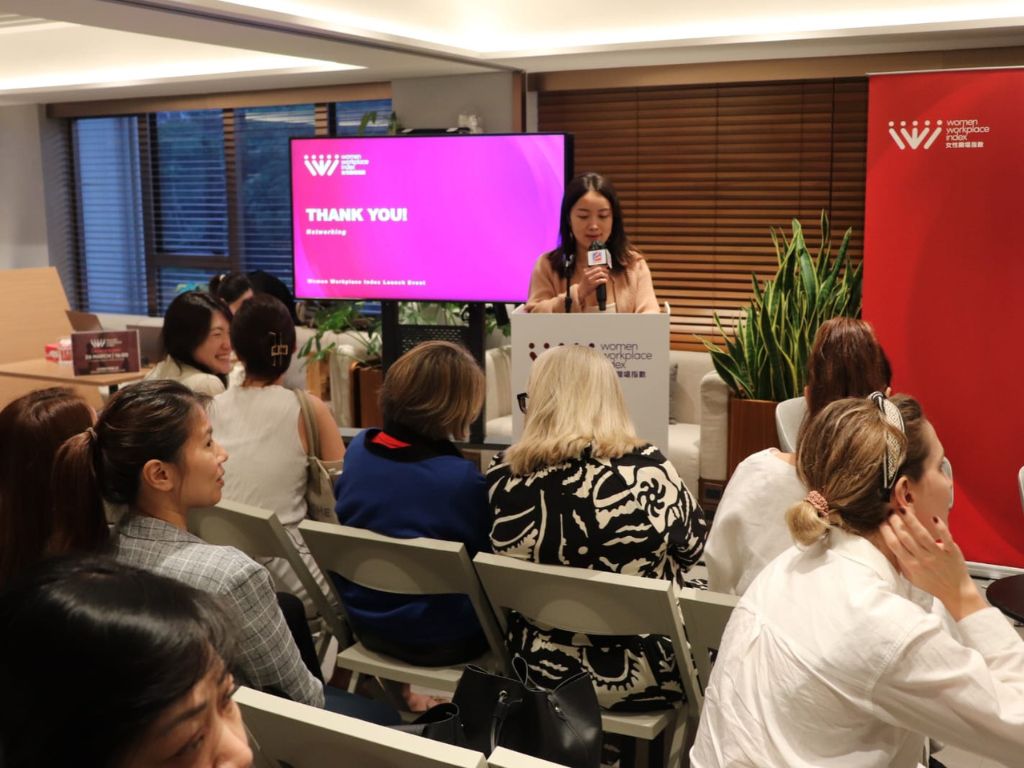
It is, however, still very much a career. And while the job of the comedian is to amuse, this knack for entertaining doesn’t always carry over to real life. As Hu puts it, “Stand-up comedy is a holistic art form where comedians need to step into a specific persona to make their material work. The on-stage persona can be quite different from who the comedian actually is.” Most comedians try to conserve their energy when they’re not performing, she adds, and can come across as antisocial as a result.
Ultimately, though, a comedian’s off-stage personality has little bearing on their ability to make audiences laugh. More than anything, good stand-up should be relatable, says Hu, and give people a sense of relief in knowing they’re not the only one struggling with how to be a good person.
At its core, Hu sees stand-up as a way for comedians to derive joy from the pains of being human. She compares it to a friend—someone she can talk with and open up to as she continues to develop as a person.
“When I talk about the past, I’m reconciling with my past self,” she says. “When I talk about what’s currently happening, I’m forcing myself to look at things from a comedic angle. When I talk about the future, I’m transforming my anxiety into creativity. When I talk about social events, I’m trying to make sense of the world with who I am and how I think.”
In this way, Hu views stand-up as simultaneously deeply personal and inherently communal, allowing the comedian and the audience to connect on an emotional level.
What’s the best work advice you have received?
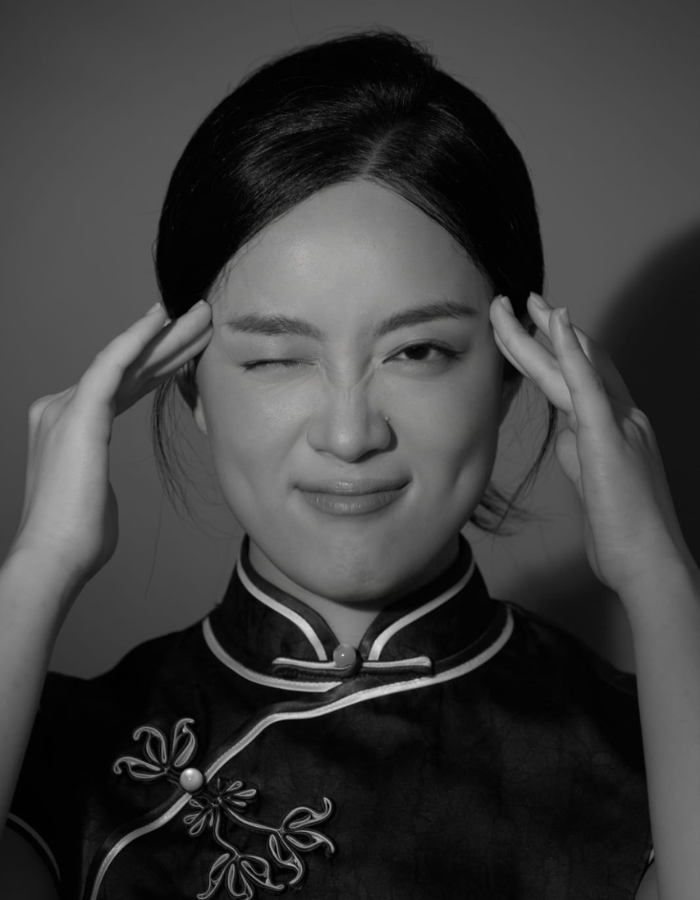
“The best thing about standup is I can turn anything into a joke. So, standup for me is like a friend, a companion who I can talk to as I develop as a human being.’ says Kate Hu, Founder of 9 to Thrive and full-time comedienne.
“Also being able to make fun of anything, including myself, has also made me more accepting of the imperfections of the world,” she adds.
“After all, what’s the worst that could happen? I can always write a joke about it.”
Kate Hu
9 to Thrive
- @katehucomedy
- [email protected]
Share
About the Author

Jada Seaton
Jada Seaton is a writer of fiction, poetry, and creative nonfiction from Chicago. They hold a BA in English and Creative Writing from Seattle University and live in Hong Kong with their partner.
Coming Soon:
Available soon in our Shop!
New Stories
Stay Up To Date
Want the latest insights and fresh content delivered straight to your inbox? Subscribe to our newsletter and stay updated with our exclusive content!

